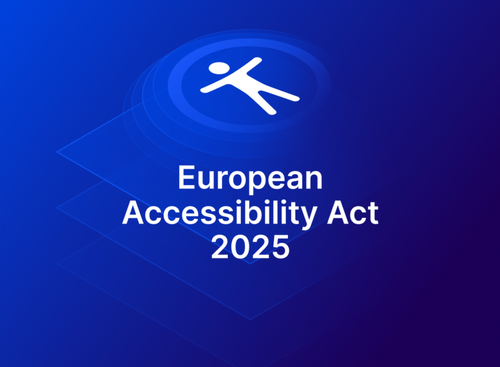European Accessibility Act: A new era for accessibility in Europe
June 27 2025, 02:17pm

From 28 June 2025, a wide range of products and services across the EU must meet new accessibility requirements under the European Accessibility Act, EAA, a vital step towards ensuring that people with disabilities can access and use digital and physical services independently and equally.
This marks a long-awaited and hard-won shift in how accessibility is treated in European law, not as a nice-to-have, but as a legal and social imperative.
We welcome this progress and acknowledge our own journey
As an organisation that works with and through our members for the inclusion and rights of disabled people, we fully support the aims of the European Accessibility Act. Accessibility benefits everyone, and inclusive design should be the standard.
We also acknowledge that we have some work to do to ensure our own digital services are fully compliant with the EAA or Web Content Accessibility Guidelines, WCAG. Work is already underway to bring everything we do up to standard and to go beyond minimum compliance, in line with the values of universal design.
What the Act covers
From 28 June 2025, the EAA requires a range of consumer products and services to be accessible, including:
Products:
- Smartphones, tablets, laptops and their operating systems
- Self-service terminals like ATMs or ticket machines
- E-readers
- Smart TVs and equipment providing audiovisual services,
Services:
- E-commerce platforms
- Online banking
- Electronic communications, like mobile and broadband services
- Video-on-demand and streaming services
- E-books and associated reading software
- Ticketing and information elements of some transport services,
The Act is a minimum harmonisation directive, meaning each country can go further. We support calls for national governments to strengthen and expand accessibility standards in law and practice.
Useful resources
